Which of the following compounds is the most likeyl to undergo a bimolecular nucleophilic substitution reaction with aqueous NaOH?
A
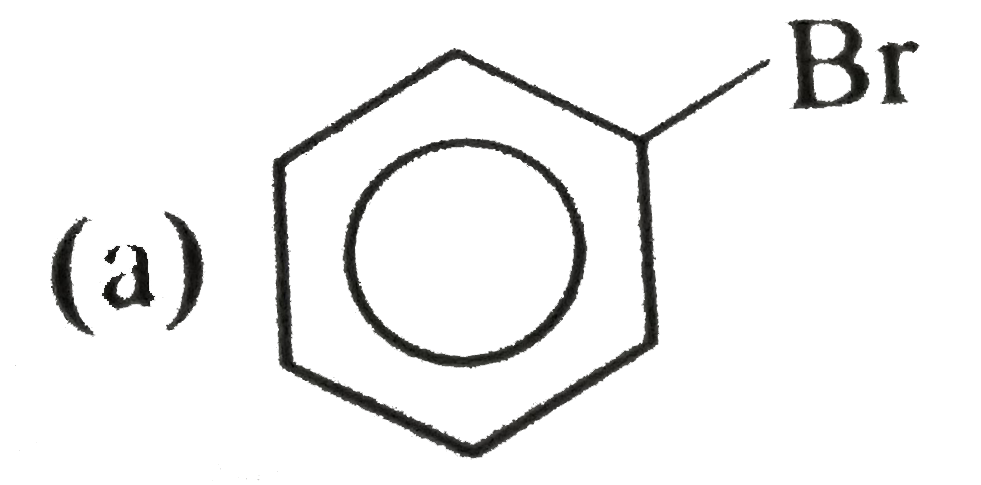
B

C
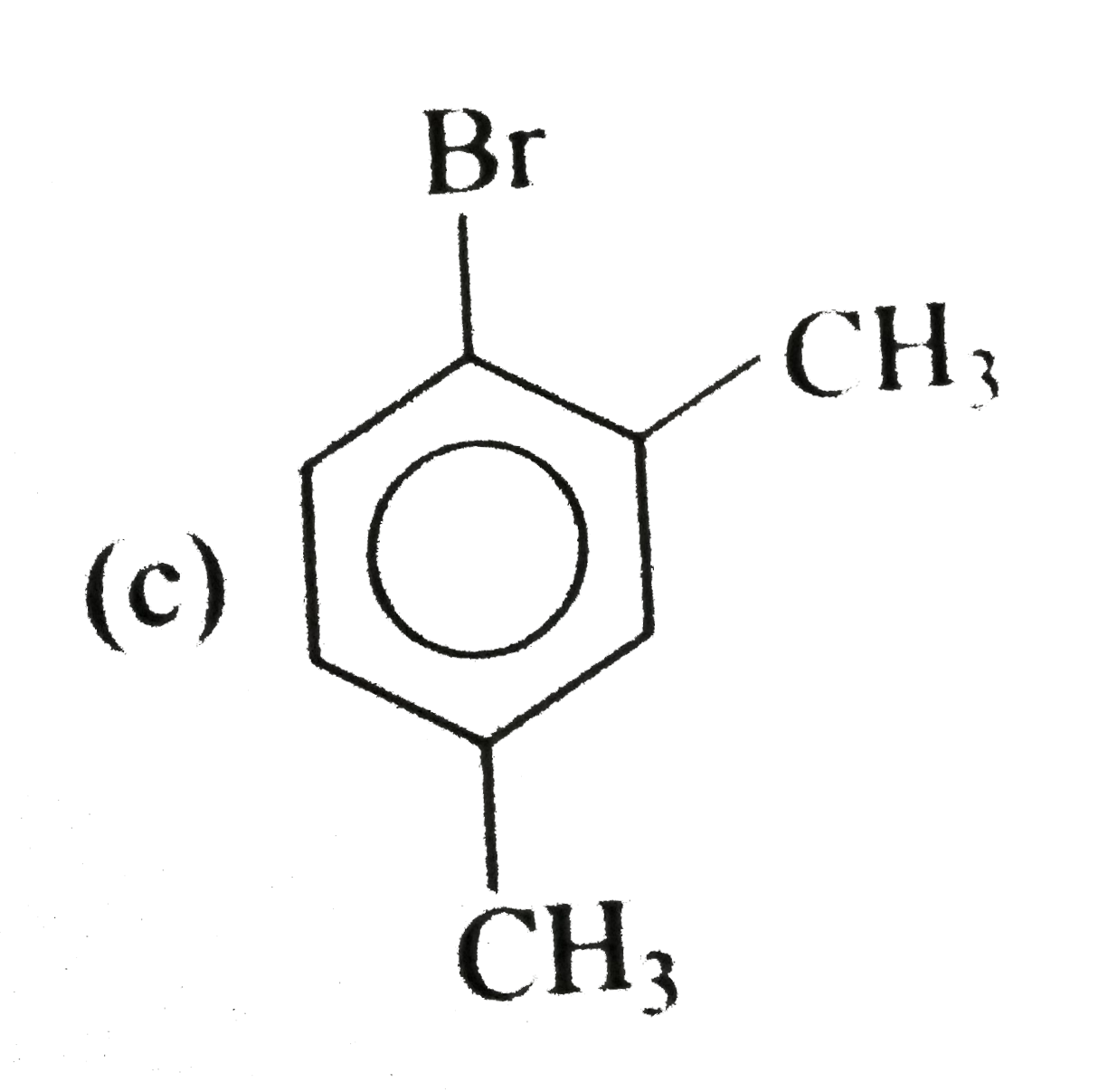
D
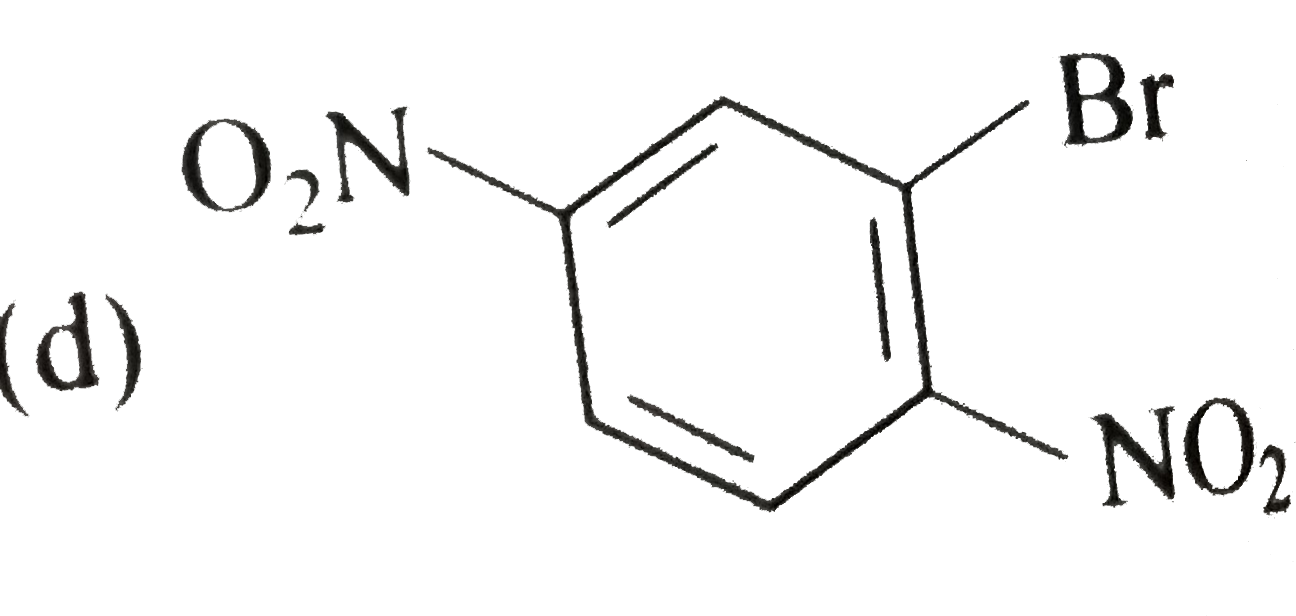
Video Solution
Text Solution
The correct Answer is:D
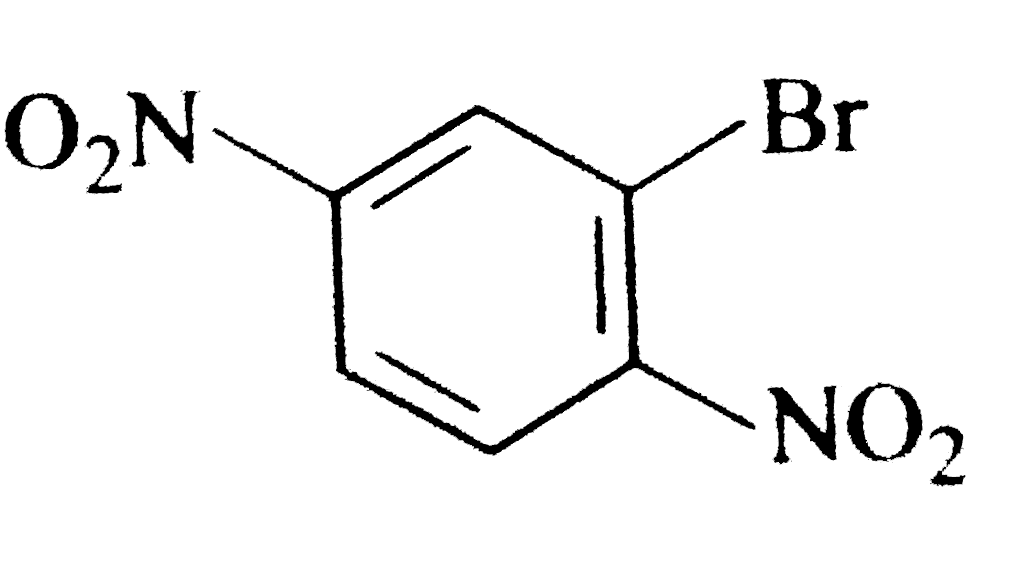
is activated for nucleophilic substitution by electron withdrawing group present at ortho -position .
|
Topper's Solved these Questions
- HALOALKANES AND HALOARENES BOOK - OP TANDONCHAPTER - HALOALKANES AND HALOARENES EXERCISE - Objective Questions Lavel -B Set II This set contains the questions
16 Videos
- HALOALKANES AND HALOARENES BOOK - OP TANDONCHAPTER - HALOALKANES AND HALOARENES EXERCISE - Assertion -Reason Type Questions
20 Videos
- HALOALKANES AND HALOARENES BOOK - OP TANDONCHAPTER - HALOALKANES AND HALOARENES EXERCISE - Objective Questions
234 Videos
- ELECTROCHEMISTRYBOOK - OP TANDONCHAPTER - ELECTROCHEMISTRYEXERCISE - Matrix-Matching Type Question
3 Videos
- ISOMERISM (STRUCTURAL AND STEROISOMERISM)BOOK - OP TANDONCHAPTER - ISOMERISM (STRUCTURAL AND STEROISOMERISM)EXERCISE - INTEGER
7 Videos
Similar Questions
Knowledge Check
Which of the following compounds is the most likeyl to undergo a bimolecular nucleophilic substitution reaction with aqueous NaOH?
A B
B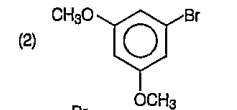 C
C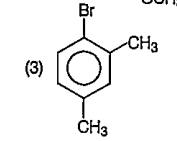 D
D
Which of the following compound is most reactive in the nucleophilic aromatic substitution reaction with NaOH ?
Ap− nitrofluorobenezeneBp−nitrochlorobenzeneCp−nitrobromobenzeneDp−nitroiodobenzeneWhich of the following statement is INCORRECT for bimolecular nucleophilic substitution reaction SN2 ?
AIt is a second order reaction.BIn (SN2) the substrate does not undergo heterolytic fission.CThe rate of (SN2) reaction does not depend on concentration of both substrate and nucleophilic reagent.D(SN2) reaction occurs in single step without forming intermediate
Which of the following compounds is the most reactive nucleophilic addtion reaction ?
View SolutionFor the following compounds, the correct statement(s) with respect to nucleophilic substitution reaction is(are)

View SolutionWhich the following compound undergoes nucleophilic substitution reaction most easily
View SolutionWhich of the following compounds is most reactive towards nucleophilic addition reactions?
View SolutionWhich of the following compounds is most reactive towards nucleophilic addition reactions?
View Solution
